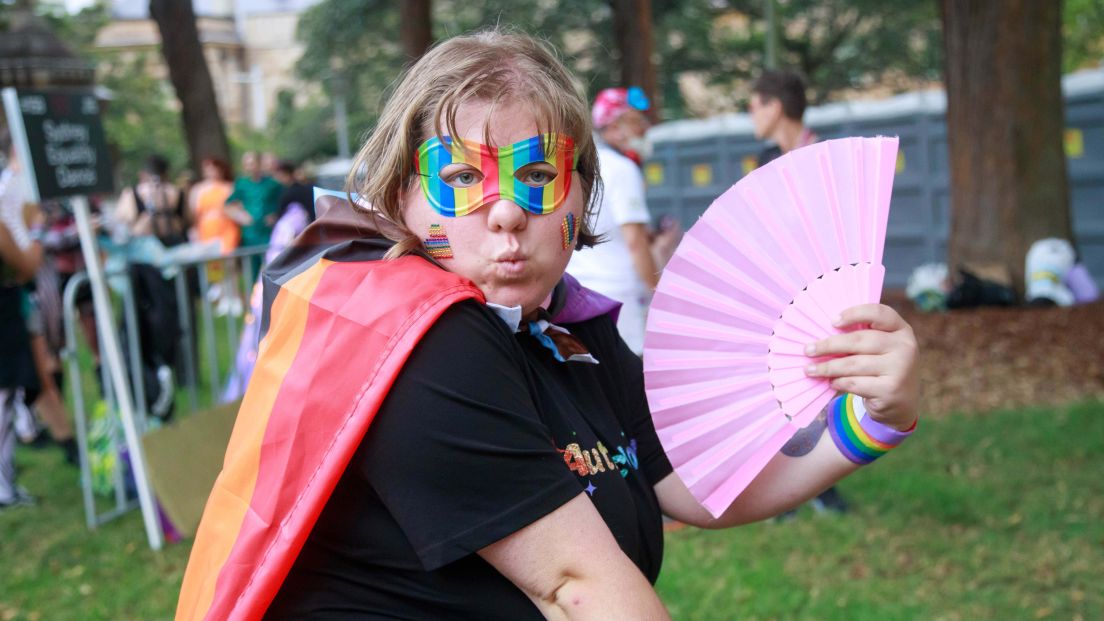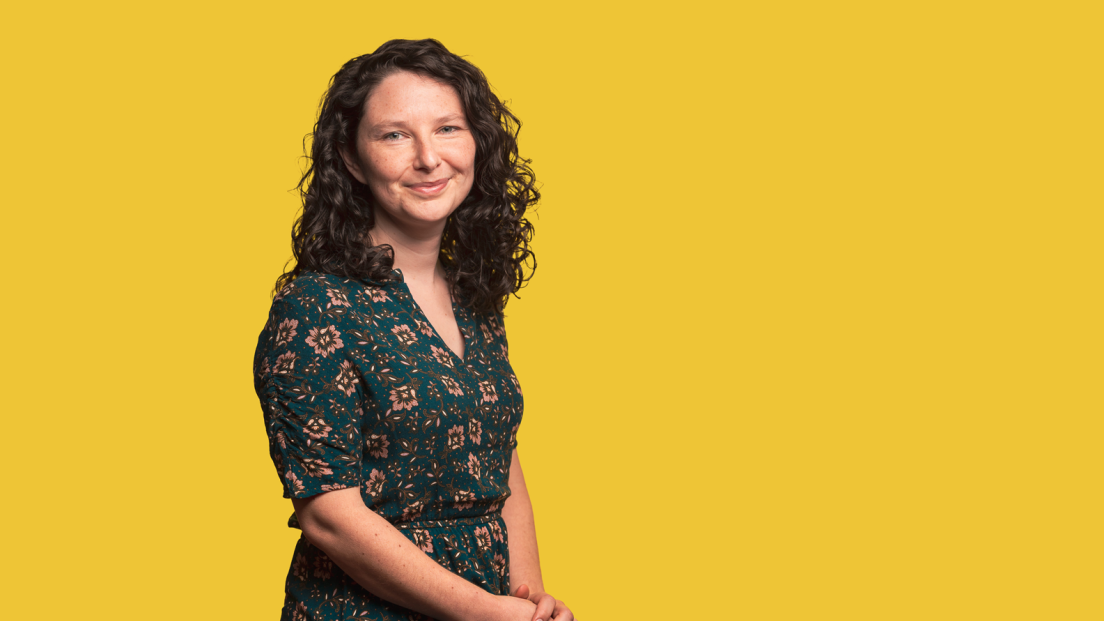Read the comic strip as a story
Whether or not to disclose that you are Autistic is an individual decision, and is often based on a variety of factors. It may take time, reflection and energy to decide.
When considering whether to disclose you may wish to consider;
- Do I feel safe to disclose?
- Do I have a motivation or reason to disclose?
- Do I have the time, energy and emotional capacity to disclose?
- Am I prepared for how people might respond?
To help make the decision easier, Autistic and non-Autistic researchers at the Aspect Research Centre for Autism Practice (ARCAP) developed a research-informed guide for Autistic people.
A second guide is also available to assist families, employers, educators, retailers and healthcare workers in supporting Autistic people who may want to share.
The new guides are based on the outcomes of a recent ARCAP study, which investigated a group of 36 Autistic adults, aged 21 to 71, over a two-month period to understand their motivations for disclosing they are Autistic and the experiences they encounter along the way.
The study documented 231 disclosure experiences or opportunities, using a specially designed smart-phone application, in a range of environments.
The adults participating in the research most commonly disclosed during face-to-face verbal conversations (43.3%), and were least likely to share their diagnosis through email (3.5%), text (3%) or a doctor’s letter (0.4%).
The most common place that the adults chose to disclose was in the workplace (31%), followed by the community (21%), education settings (11%), home (11%), healthcare (9%) and retail (6%).
Following disclosure, Autistic adults were met with a range of reactions from negative, positive or no reaction at all.
"Until society becomes a truly inclusive environment for the Autistic community, studies like these will help to support Autistic people to make informed decisions about whether or not to disclose in their own lives," says Dr Abbey Love, Researcher Officer, Aspect Research Centre for Autism Practice (ARCAP).
You can read more about the personal stories of our study participants and their disclosure experiences in the Sydney Morning Herald, The Conversation or read a summary of the research in the Autism in Adulthood journal.









